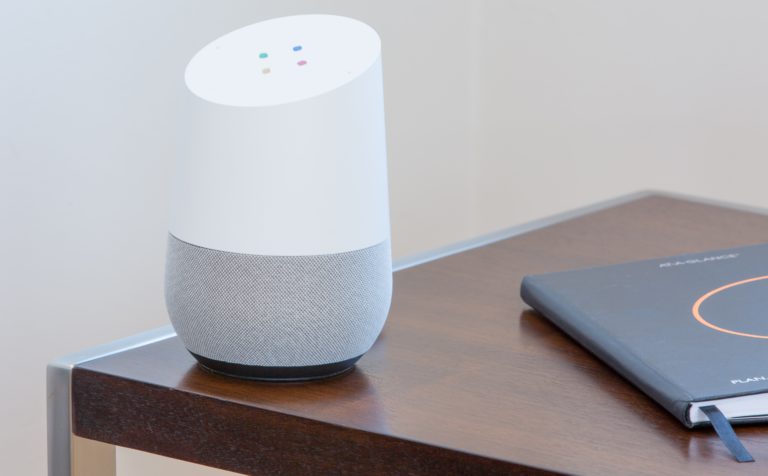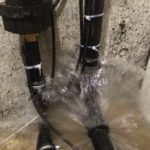
The days of peering through a peephole to see who’s at your front door are long gone, as are the days of coming home to fire damage because no one was there to hear the smoke detector. Technology has paved the way for homeowners to feel more safe and secure in their dwellings. We can now monitor and track the on-goings in our homes no matter where we are.
Along with the added sense of security, these advancements in home automation also stand to offer homeowners discounts and lower rates on their home insurance. Read on to learn about the different types of home automation available, and how they can impact your home insurance.
What is Home Automation?
Also known as “smart homes”, home automation systems allow homeowners to control lighting, temperature, appliances, home security, alarm systems and more through an internet-connected “hub” such as a tablet, smartphone, or home computer. There are two main types of of automation systems: security systems and environmental controls, both of which offer significant benefits.
Security Systems
While home security systems are nothing new, there have been incredible innovations in recent years. Like their predecessors, smart home security systems reduce the risk of burglary, theft, and property damage. Systems have become more discreet, more affordable, and overall more accessible to the average homeowner. Perhaps the greatest advantage is being able to remotely monitor your home.
Examples of smart home security systems include:
- Smart doorbells: These doorbells incorporate a small camera that syncs up with your smartphone, allowing you to easily see who’s at your front door whether you’re on your living room couch, or out of town.
- Smart locks: Gain keyless entry into your home through WiFi or Bluetooth. Forgot to lock your door? Some systems let you do this from an app, no matter how far from home you may be!
- Smart cameras: While cameras are nothing new, in recent years they have become more discreet and more affordable. Often times they will now sync up with your smartphone, and even save security footage to the cloud.
- Motion detectors: Receive an alert on your smartphone when unexpected activity happens in your home. While they may not be a great fit for every homeowner (pets can easily trigger motion detectors), they can certainly be beneficial.
Environmental Controls
Environmental smart controls address and regulate factors in your home such as temperature, lighting, air quality, and more. More importantly, these types of systems can alert you and your family to serious issues such as fires, floods, and carbon monoxide leaks.
Some beneficial smart controls include:
- Smart smoke alarms and carbon monoxide detectors: Rather than sounding an alarm to an empty home, these smart systems also sent an alert to your smart device.
- Water detectors: Floods can be a costly expense for homeowners. A water detection system can help prevent water damage caused by leaks
- Smart lighting: This is an upgraded version of the Christmas lights timer. Depending on the type of system you install, you can set a timer for your lights or even control them remotely via your smartphone.
Home Insurance Discounts
Insurance companies are always interested in mitigating risk and reducing the likelihood of policy holders making claims. Because home automation systems do just that, homeowners with these systems may be able to take advantage of discounts on their home insurance policies.
Every insurance provider is different. In order to take full advantage of any discounts you may be eligible for, it’s important to inform your insurer of any safety and/or security improvements made to your home.
The brokers at Capital Insurance want to help protect your family while providing you a policy that fits your needs. If you have any questions about how home automation may qualify you for a policy discount, contact us today!

